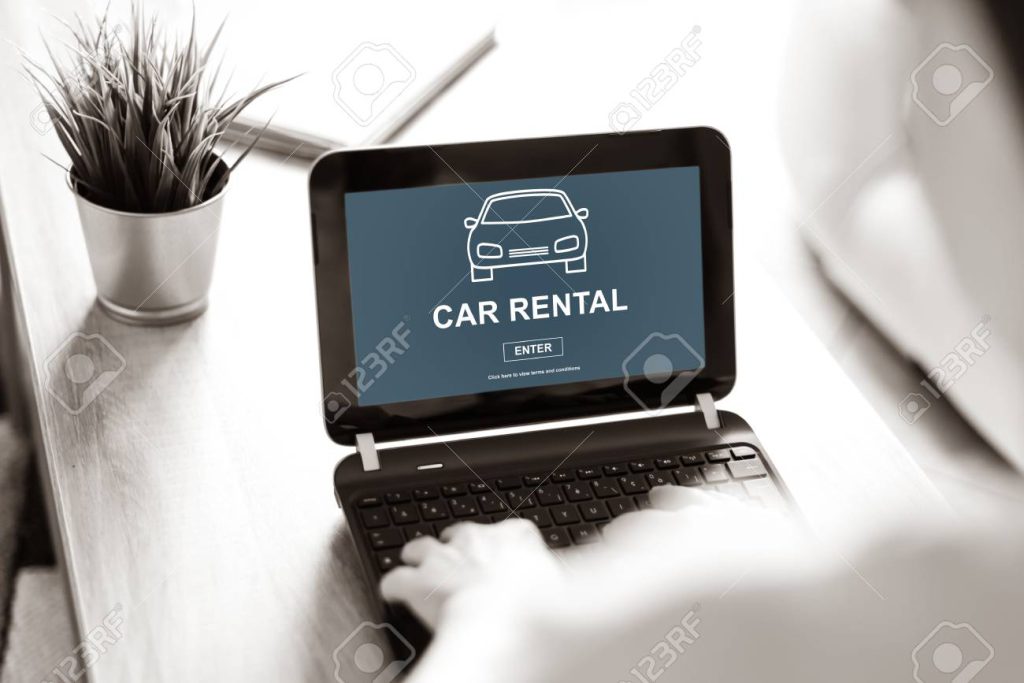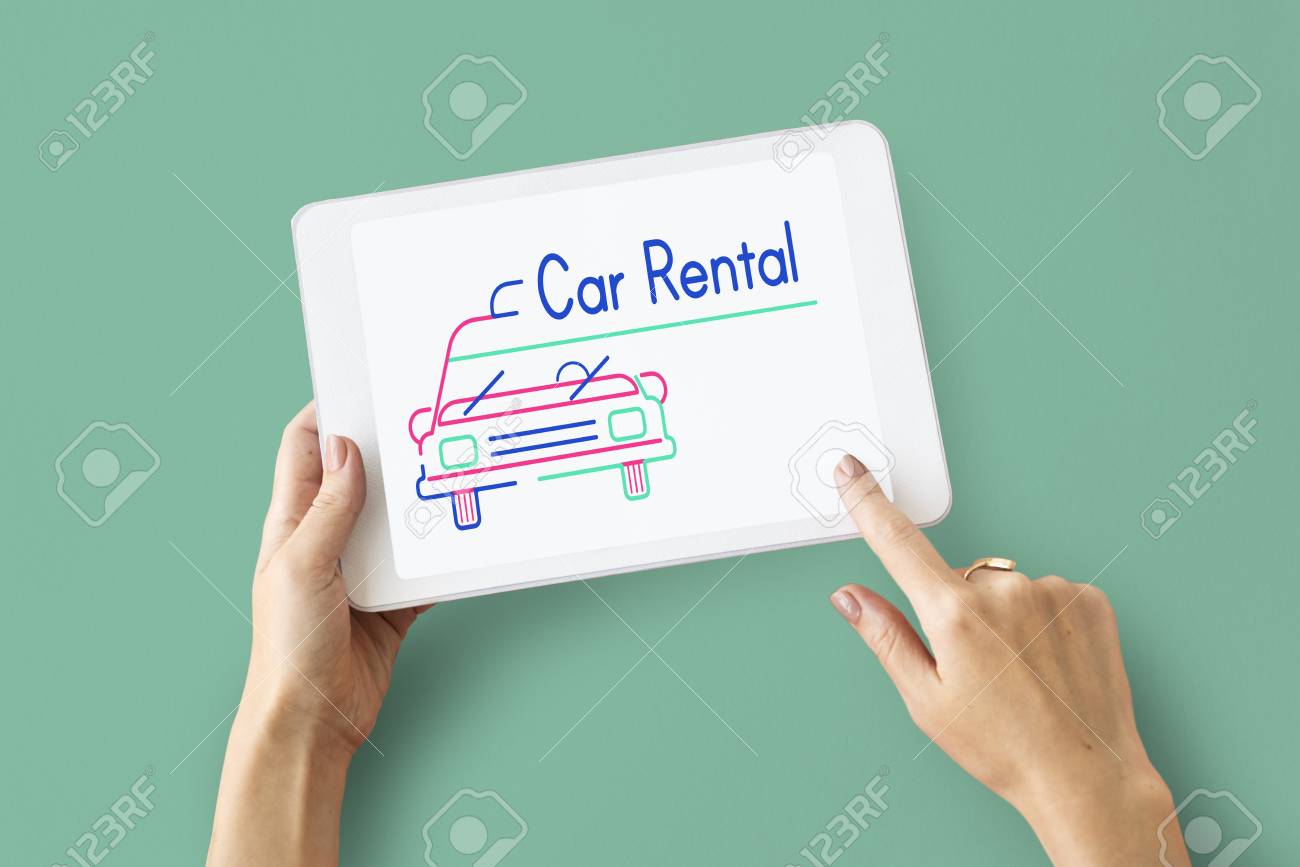Navigating the fine print and hidden fees of car rentals can be a complicated and overwhelming task. With so many terms and conditions, it can be difficult to know which rental car company is the best choice for your needs. In this article, we will provide you with the information you need to make informed decisions and avoid costly surprises when renting a car. We will discuss common rental car fees, how to get the best deal, and tips for avoiding hidden fees when renting a car.
Unveiling the Hidden Fees in Car Rentals: Navigating the Fine Print
Are you planning a road trip and looking into car rentals? If so, you may be surprised to learn that there are hidden fees that you may not be aware of. Many car rental companies have fine print that can add up to hefty fees. To ensure that you don’t get any unexpected charges, you should be aware of the hidden fees before you book.
One of the most common hidden fees is the “fuel charge”. Many rental companies will charge you for the amount of fuel you use, even if you bring the car back with a full tank. Be sure to read the fine print carefully and inquire about fuel charges before you book.
Another common hidden fee is the “insurance fee”. Many rental companies require you to purchase insurance coverage for your rental. However, they may not tell you that you already have coverage through your personal car insurance or credit card. Be sure to check if you are covered before you purchase additional insurance.
Finally, there is the “drop-off fee”. Many rental companies charge a fee if you drop off the car at a different location than the one you picked it up from. Be sure to ask about drop-off fees before you book, and make sure you know the details of your rental agreement.
By being aware of these hidden fees, you can ensure that you get the best deal on your car rental. Be sure to read the fine print carefully and ask questions before you book. With a little bit of research, you can avoid any unexpected charges when you rent a car.
Understanding the Different Types of Car Rental Fees
Renting a car is a great way to get around if you don’t have your own vehicle. But it’s important to know the different types of car rental fees so you can make sure you get the best deal possible.
The most common and basic fee is the rental rate. This is the amount you pay for the rental period, which is usually a day, week, or month. It may also include a mileage limit, which means that you will be charged extra if you drive more miles than the limit.
In addition to the rental rate, you may also be charged taxes, fees, and surcharges. These fees can vary depending on the rental company and the state in which you are renting the car. Some taxes, fees, and surcharges are required by law, while others may be optional.
You may also be charged extra for additional services or features such as insurance, GPS, or car seats. It’s important to understand the terms and conditions of these services and features before you rent a car.
Finally, you may be charged additional fees if you return the car late, don’t refuel it, or return it in an unsatisfactory condition. Make sure you read the rental agreement carefully so you know what to expect when you return the car.
Understanding the different types of car rental fees is important for getting the best deal on your car rental. Be sure to read the rental agreement carefully before signing it so you know exactly what you are getting into.
Identifying the Potential Costs of Car Rental Fees
Renting a car can be a great way to get around during a vacation, business trip, or other special occasion. However, it is important to be aware of all the potential costs associated with car rentals. Knowing these fees ahead of time can help you plan better and avoid any unexpected expenses.
The major costs associated with car rental fees include the rental cost itself, taxes, fees, and insurance. The rental cost can vary widely depending on the type of car, the rental company, and the length of the rental period. Taxes and fees can also add up quickly, and insurance is often required for the duration of the rental period.
In addition to these costs, there are other potential fees that may be charged for extras like GPS systems and car seats. It is important to ask the rental company about any additional costs before signing the rental agreement. Some companies may also charge a fee for returning the car after hours or in a different location.
By being aware of the potential costs of car rentals, you can plan better and make sure you are not hit with any unexpected fees. It is also important to read through the rental agreement carefully to make sure you understand all the terms and conditions of the rental. With a bit of research and planning, you can help ensure that your car rental experience is stress-free and enjoyable.
Tips for Minimizing the Fees Associated with Car Rentals
Car rentals can be expensive, but there are ways to minimize the fees associated with them. Here are some tips to help you save money on car rentals:
1. Book in advance: Booking your rental car in advance is one of the best ways to save money. Most companies offer discounts for booking early, so be sure to check for deals when you’re ready to rent.
2. Compare prices: Don’t just go with the first car rental company you find. Compare prices and services between different companies to ensure you’re getting the best deal.
3. Look for discounts: Many car rental companies offer discounts for military personnel, AAA members, and other groups. Be sure to ask about any discounts that might apply to you.
4. Opt for a smaller car: If you don’t need a large vehicle, opt for a smaller car. Smaller cars usually have lower rental fees.
5. Avoid extra fees: Some car rental companies charge extra for things like GPS systems, child safety seats, and additional drivers. If you don’t need these extras, avoid them to save money.
By following these tips, you can minimize the fees associated with car rentals and save money.
What to Look Out For When Renting a Car: Exploring the Fine Print
When renting a car, it is important to be aware of the fine print to ensure that you have a safe and pleasant journey. Here are some important things to look out for when renting a car:
1. Insurance – Many rental companies will require you to purchase their insurance package, which can be expensive. Make sure to check the insurance coverage and ensure that it meets your needs.
2. Gasoline – Most rental companies will require you to return the car with a full tank of gas. However, make sure to double check this before you sign the contract, as some may require you to return the car with a certain amount of gas in it.
3. Fees – Rental companies may charge additional fees for late returns, cleaning, and other services. Make sure to ask about all the fees before signing the contract.
4. Mileage Restrictions – Most rental companies have mileage restrictions, which can be expensive to exceed. Make sure to find out what the mileage limit is before signing the contract

By being aware of the fine print when renting a car, you can ensure that your journey is safe and enjoyable. Be sure to ask questions and read the contract carefully before signing.
In conclusion, navigating the fine print of hidden fees in car rentals can be a tricky business. It is important to do your research and read the fine print to make sure you are getting the best deal possible. Be sure to ask your car rental company about any additional fees or services that may be included with your rental. Additionally, try to rent a car from a company that has a good reputation for customer service and a clear and transparent fee structure. By taking the time to do your research and being aware of potential hidden fees, you can save money and get the best deal when renting a car.













